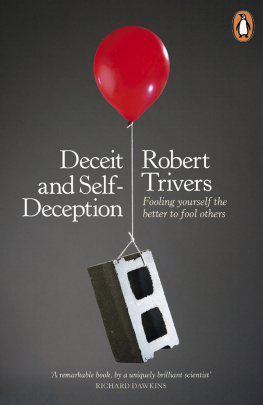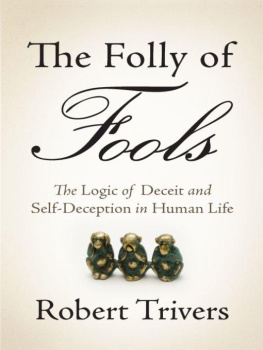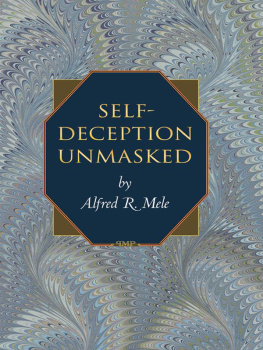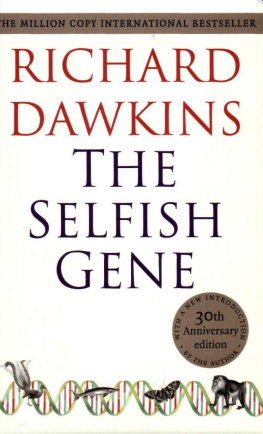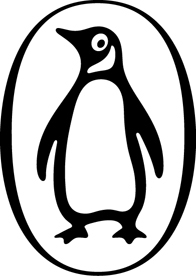PENGUIN BOOKS
Published by the Penguin Group
Penguin Books Ltd, 80 Strand, London WC2R 0RL , England
Penguin Group (USA) Inc., 375 Hudson Street, New York, New York 10014, USA
Penguin Group (Canada), 90 Eglinton Avenue East, Suite 700, Toronto, Ontario, Canada M4P 2Y3 (a division of Pearson Penguin Canada Inc.)
Penguin Ireland, 25 St Stephens Green, Dublin 2, Ireland (a division of Penguin Books Ltd)
Penguin Group (Australia), 707 Collins Street, Melbourne, Victoria 3008, Australia (a division of Pearson Australia Group Pty Ltd)
Penguin Books India Pvt Ltd, 11 Community Centre, Panchsheel Park, New Delhi 110 017, India
Penguin Group (NZ), 67 Apollo Drive, Rosedale, Auckland 0632, New Zealand (a division of Pearson New Zealand Ltd)
Penguin Books (South Africa) (Pty) Ltd, Block D, Rosebank Office Park, 181 Jan Smuts Avenue, Parktown North, Gauteng 2193, South Africa
Penguin Books Ltd, Registered Offices: 80 Strand, London WC2R 0RL , England
www.penguin.co.uk
First published by Allen Lane 2011
Published by Penguin Books 2013
Copyright Robert Trivers, 2011, 2013
All rights reserved
The moral right of the author has been asserted
ISBN: 978-0-141-97106-3
PENGUIN BOOKS
DECEIT AND SELF-DECEPTION
Robert Trivers is one of the leading evolutionary theorists in the world. He received his bachelors and PhD from Harvard University. He has been on the faculty at Harvard, the University of California and Rutgers University.
Contents
In memory of Dr. Huey P. Newton,
Black Panther and dear friend
Preface
The time is ripe for a general theory of deceit and self-deception based on evolutionary logic, a theory that in principle applies to all species but with special force to our own. We are thoroughgoing liars, even to ourselves. Our most prized possessionlanguagenot only strengthens our ability to lie but greatly extends its range. We can lie about events distant in space and time, the details and meaning of the behavior of others, our innermost thoughts and desires, and so on. But why self-deception? Why do we possess marvelous sense organs to detect information only to distort it upon arrival?
Evolutionary biology provides the foundation for a functional view of the subjectin this case, we lie to ourselves the better to lie to othersbut many other aspects are involved. Self-deception sits squarely within psychology, but if you restrict yourself to that subject, you may well go blind (and crazy as well) before you discern the underlying principles. In many situations, an understanding of daily life is more valuable than findings from the lab, but our understanding of daily life is easily colored by ignorance and our own deceit and self-deception. This may be especially true where politics and international relations are concerned, but to leave out these topics would be a foolish omission, as if because of potential bias we best remain silent. Since the analysis of self-deception begins at home, I have included some personal stories. Naturally, I have tried to strike a balance between what can be scientifically shown with some certainty and what is provocative but far from certain, and I have tried to make clear which is which.
My hope is to engage you in applying these concepts to your own life and developing them further. I have tried not to linger unduly over points of uncertainty but to draw attention to them where they occur and move on. Some real fraction of what I write must inevitably be wrong, but I hope that the logic being advanced and facts asserted will easily invite improvements toward a deeper, integrated science of self-deception.
The topic is a negative one. This book is about untruth, about falsehoods, about lies, inward and outward. At times, it is a depressing subject but, surely more than most, deceit and self-deception deserve to see the light of day, to enjoy the benefits of explicit scientific analysis and study. It is a dark and opaque side to ourselves, one that we leave untreated at our own peril, but it is also a source of endless humor and amazement, so we can also enjoy the subject as we suffer it.
I have written the book in a certain orderevolutionary logic and deception in nature first, neurophysiology, imposed self-deception, the family, two sexes, immunology, and social psychology next, then self-deception in daily life, including airplane crashes, false historical narratives, war, religion, and the social sciences, before offering final thoughts on how we may fight self-deception in ourselves.
But in fact, after the first chapter, the book can be read in almost any order. I have made an effort to refer back and forward to related material so that if you skip over material that is later necessary you will often know at once where to find it. For any fact or theory asserted in the text, it is easy to locate the appropriate source by going to the endnotes, which begin after the last chapter and are pegged to page number and content. I have occasionally added references to related material, especially new. Full references can then be found in the bibliography.
Everyone can participate in building a science of self-deception. We all have something to add. The logic is very simple and most of the evidence, easy to grasp. The topic is universal and its many subareas carry us into every corner of human life.
CHAPTER 1
The Evolutionary Logic of Self-Deception
In the early 1970s, I busied myself trying to construct social theory based on natural selection. I wanted to understand the evolution of our basic social relationshipsparent/offspring, male/female, relative/ friend, in-group member/out-group one, whatever. Natural selection, in turn, was the key to understanding evolution, and the only theory that answered the question, what is a trait designed to achieve? Natural selection refers to the fact that in every species, some individuals leave more surviving offspring than do others, so that the genetic traits of the reproductively successful tend to become more frequent over time. Since this process knits together genes associated with high reproductive success (RS = number of surviving offspring), all living creatures are expected to be organized accordingly, that is, to attempt to maximize personal RS. Because the replicating units are actually genes, this also means that our genes are expected to promote their own propagation.
When applied to social behavior, natural selection predicts a mixture of conflicting emotions and behavior. Contrary to widespread beliefs of the time (and even sometimes now), are not expected to be free of conflict, not even in the womb. At the same time, reciprocal relations are easily exploited by cheaters, that is, non-reciprocators, so that a sense of fairness may naturally evolve to regulate ). This work gives us a deeper view of the meaning of being a male or a female.

